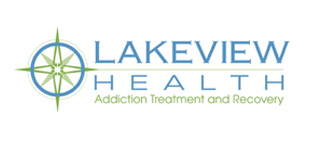DNA Methylation Gives Hope to Cocaine Addiction Treatment
We know that withdrawal is a difficult side effect of addiction and recovery, but now research has revealed that it can also contribute to addiction. It turns out that during withdrawal, our DNA actually changes in the brain that increase addictive personality. This especially true for withdrawal after heavy cocaine use.
In fact, the biggest changes to the DNA that influence addiction happen during withdrawal instead of during drug use. This is troubling for many trying to achieve sobriety, but the finding may be the key to better addiction treatment in the future.
Genes are inherited from our parents, who got theirs from their parents. Little can be done to change the effects that our genes have on us because genes themselves do not change over the course of our lives. However, epigenetic marks like DNA methylation act as on/off switches for our genes. Withdrawal has been found to have an adverse effect on the genetic switches that pertain to addiction. Research is now turning to investigating methods to implement this new information in drug addiction treatment.
For the study, scientists used rats with cravings for cocaine. The drug was taken away from the rats and their addictive behavior was monitored during the withdrawal period. The rats developed an intense drug-seeking behavior and the changes were more noticeable the longer the rats went without access to cocaine. The peak appeared to come at the 30-day mark.
However, researchers found that injecting the rats with the epigenetic drug (and DNA methylation inhibitor) RG108 stopped their addictive behaviors and kept cravings at bay for a longer period of time. There are many that believe that even a single shot of RG108 could greatly reduce addiction or even cure it.
In the long-term, however, it is clear that addictive behavior and cravings fall off. Although we now know why withdrawal is so difficult, in addition to not feeling very good, it is still a short term hurdle. In the long-term, addiction is still much more difficult and detrimental than any withdrawal episode.
And although this science can be used to help improve recovery tactics in the future, today it is still very possible with the help of a supportive community and rehabilitation specialists. The goal of this research and the goal of every individual entering rehab is to find a recovery method that is effective, which can vary greatly from person to person.






COMMENTS